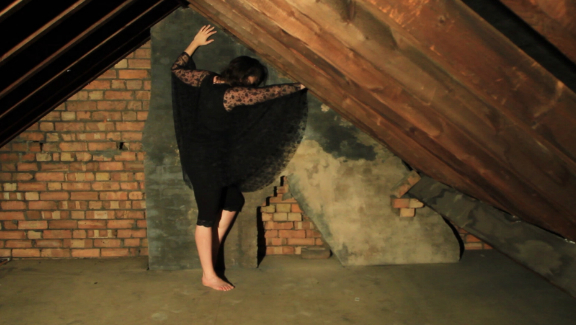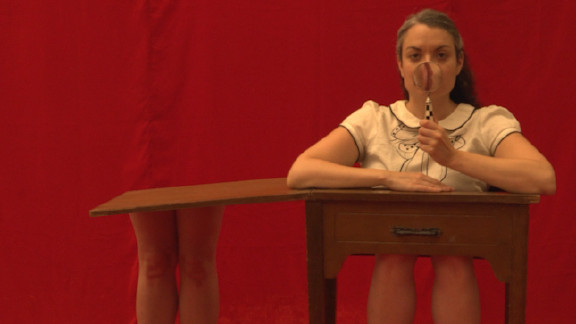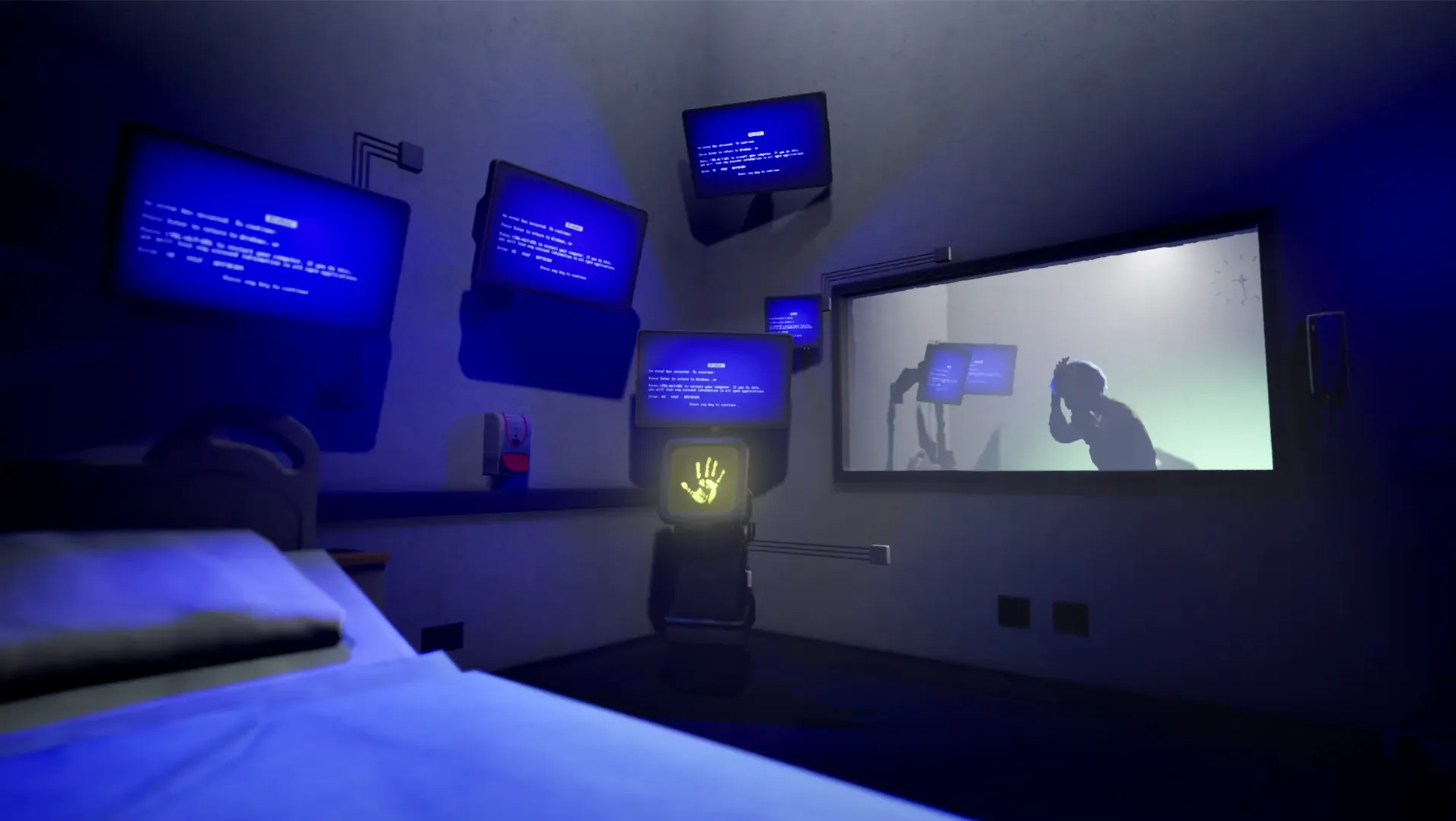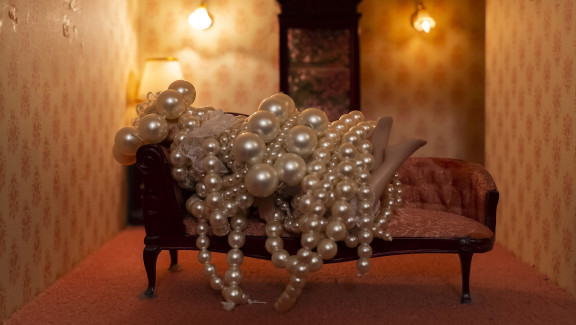Her Glass Flower House
Synopsis
Details
- Year
- 2021
- Type of project
- Shorts
- Running time
- 38 min 40 sec
- Director
-
Katharine Fry
- Editor
- Katharine Fry
- Screenwriter
- Katharine Fry
- Director of Photography
- Katharine Fry
- Production Designer
- Katharine Fry
- Sound
- Katharine Fry
Genre
Categories
Production Status
Production Company
Sales Company
Page updates
This page was last updated on 12th May 2025. Please let us know if we need to make any amendments or request edit access by clicking below.
See also
You may also be interested in other relevant projects in the database.
 d.a.n.c.e. f.o.r. y.o.u.r. d.a.d.d.y.
d.a.n.c.e. f.o.r. y.o.u.r. d.a.d.d.y.
Director: Katharine Fry
Year: 2017
Her body flickers in an attic. A triangle, align; she is flung in a poltergeist semaphore. At once woman, creature and form, she dances anticipation. A whisper, ‘he’s coming home.’
 Before her investiture, the novice must hear what she has to, learn what she has to, shape what she has to, say.
Before her investiture, the novice must hear what she has to, learn what she has to, shape what she has to, say.
Director: Katharine Fry
Year: 2018
A truncated woman thrusts awkwardly from a school-desk, motionless except for her spinning, shaking mouth. The novice must rehearse the lesson dictated by an unseen voice. She must sacrifice unbounded desire, press it into language, into discipline, into rule. Her body refuses the lesson but remains trapped by its rote.
 The Baby Factory is Closed
The Baby Factory is Closed
Director: Deepa Mann-Kler
Year: 2026
A 20-minute single-player immersive VR experience that places users inside the body of Zoraan, a British-born Sikh woman navigating menopause amidst climate collapse and the ruins of colonial medicine. You breathe with her. You scream with her. You dance your way out of sedation. Blending real-time visuals, bio-haptic feedback and diasporic sound, this work reframes menopause not as decline but as volatile power; closing ‘The Baby Factory’ to ignite a cultural revolution. Using gesture, voice and biometric feedback, audiences become co-conspirators in a volatile act of embodied rebellion. This is not a metaphor. This is an insurgency. Official Selection SXSW 2026 - XR Competition - World premiere

